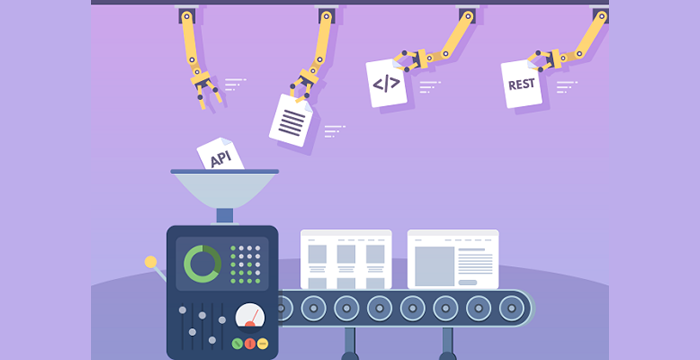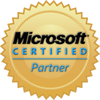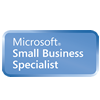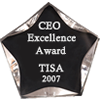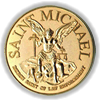Every company’s needs are different and, accordingly, different CMS platforms will be best for different companies. The key is to understand your unique requirements and those of your customers and to pick a solution that can accommodate these.
There are plenty of strategies you can follow when you are choosing the perfect CMS. In this article we bring you the top 5 questions you should ask yourself before, and not after, choosing a CMS solution:
1. What is the purpose of your site?
Is it intended as a long-term business website, or are you building it for a short-term project? This question will be important when considering your site’s architecture. Keep this in mind when choosing a CMS, as different platforms may be geared towards different timelines and take different approaches to content architecture.
Whatever, to keep consumers engaged, regular content and design updates would need to be done routinely. Hence it’s imperative to choose a CMS platform that is enterprise-ready and can be scaled up easily.
2. What functions do I require?
The nature of your site will determine what your hosting and integration needs are and it's important to think of these in advance. Particularly online storefronts tend to be integration-heavy and often require scalable hosting options to prevent the site from crashing during high-traffic streaks. It is still important to determine first what your performance and integration needs are and then choose a CMS solution that can accommodate these.
3. Is the CMS mobile responsive?
Desktop-based use of websites is diminishing fast, giving way to devices of multiple form factors. In this context it is crucial to choose a vendor that provides a mobile responsive CMS platform. A mobile responsive website has become the basic necessity these days.
4. What about security?
Also, CMS platforms should be built with strong security features to counter malicious attacks. Multi-level firewalls and authorizations should be embedded. Attacks on digital assets have increased and businesses need to put in place strong security measures to protect their websites. The key is to ensure that your site has the necessary security measures in place, without hindering on performance or user experience.
The general perception is that open source platforms aren’t as secure as proprietary platforms, which isn’t always the case, however, as a rule of thumb, make sure that the platform you choose can be made secure according to your unique needs and that it has the necessary certifications.
5. What is my budget?
Finally… Don’t forget the budget. This will help you rule out whatever options are off the table from the get go, and prevent you from wasting your time researching solutions that you will never be able to adopt. Understanding the scope and size of your project, as well as of the CMS platforms available, is a good way of gauging what a reasonable budget may be.
To sum up:
There is no such things as the best CMS. However, it all boils down to asking the right questions, this will indeed make the procedure simpler and help you in choosing a smart CMS platform to meet all your business goals. One thing is certain: If you can anticipate the upcoming trends, you will certainly have bigger chances of succeeding.
Questions? Comments? Contact us for more information. We have the experience to help you to evaluate which CMSs is better for you. Our client-centric approach, wide range of services and experienced staff make us an ideal partner for your business.

About Brian Lamilla
Brian is a CMS specialist with more than 5 years of experience creating Websites for local and global Customers.
Nowadays Brian works at the Engineering department of TISA, looking for implementing and working with the latest CMS technologies to be used in future projects so quality can be reached in a higher level.
Beyond his technical knowledge and passion for the technology, Brian enjoys playing video games, going to the Gym and watching and playing soccer and tennis.

